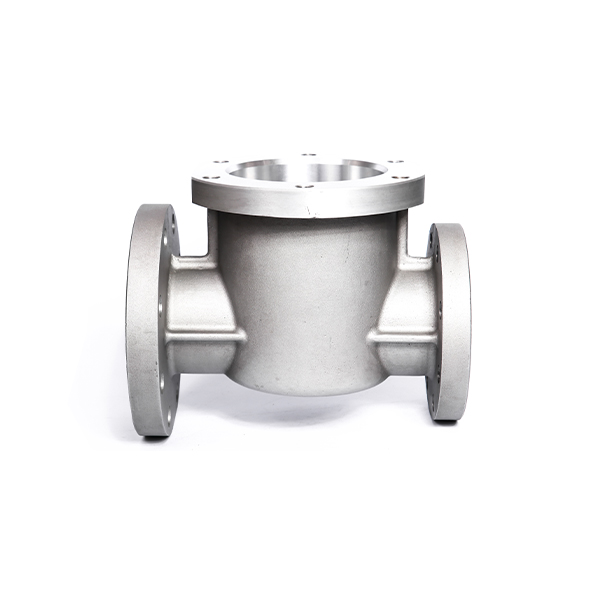Mobile:+86-311-808-126-83
Email:info@ydcastings.com
French
Understanding the Role of the Oil Pan in Car Engine Performance and Maintenance
Understanding the Oil Pan in a Car Engine
The oil pan is a crucial component of a car's engine, playing a vital role in the overall functionality and performance of the vehicle. Often overlooked, the oil pan is the reservoir that holds the engine oil, which lubricates the moving parts of the engine, reduces friction, and helps to dissipate heat. In this article, we will explore the importance of the oil pan, its design, and common issues that may arise, as well as maintenance tips for car owners.
Understanding the Oil Pan in a Car Engine
The oil pan is typically made from steel or aluminum and is designed to withstand high heat and pressure. Its design varies depending on the type of engine and vehicle, but it generally features a flat bottom for stability and structural integrity. Many oil pans also come equipped with a drain plug, allowing for easy oil changes and maintenance. Some advanced designs incorporate baffles that help to control the movement of oil within the pan, preventing it from sloshing around during heavy acceleration or cornering, which can lead to oil starvation.
oil pan in car engine

Despite its durable construction, oil pans can be susceptible to various issues. One common problem is oil leaks, which can stem from a failing gasket or physical damage to the pan itself. Over time, the gasket that seals the oil pan can degrade, leading to oil seepage. Additionally, if the oil pan sustains a significant impact, it can develop cracks or dents, resulting in leaks. Regular inspections and maintenance can help detect these issues early before they escalate into major problems.
Another potential concern is the accumulation of sludge and debris within the oil pan over time. This buildup can obstruct oil flow and reduce the efficiency of the oil pump, potentially leading to engine overheating or failure. To avoid this, it is essential to follow the manufacturer's recommended oil change intervals and use high-quality oil that maintains proper viscosity and cleanliness.
For car owners, taking care of the oil pan is an essential part of vehicle maintenance. Regularly checking oil levels, monitoring for leaks, and changing the oil as needed are critical steps to ensure the longevity of both the oil pan and the engine. If any issues are detected, addressing them promptly can prevent more serious damage and save on repair costs.
In conclusion, the oil pan may seem like a minor component of a car's engine, but it serves a fundamental role in maintaining engine health and performance. Understanding its functions, potential issues, and maintenance tips can empower car owners to take better care of their vehicles. Regular upkeep and attention to the oil pan are essential for ensuring the engine runs smoothly, efficiently, and for many miles to come.











